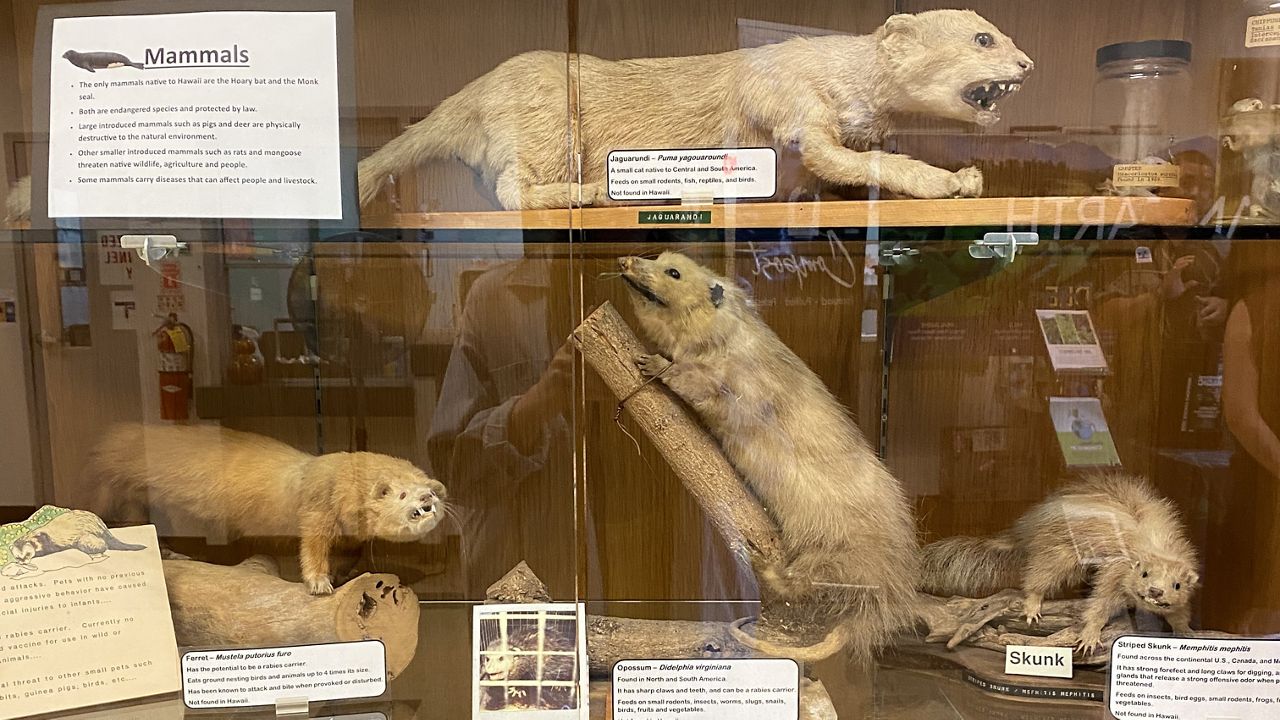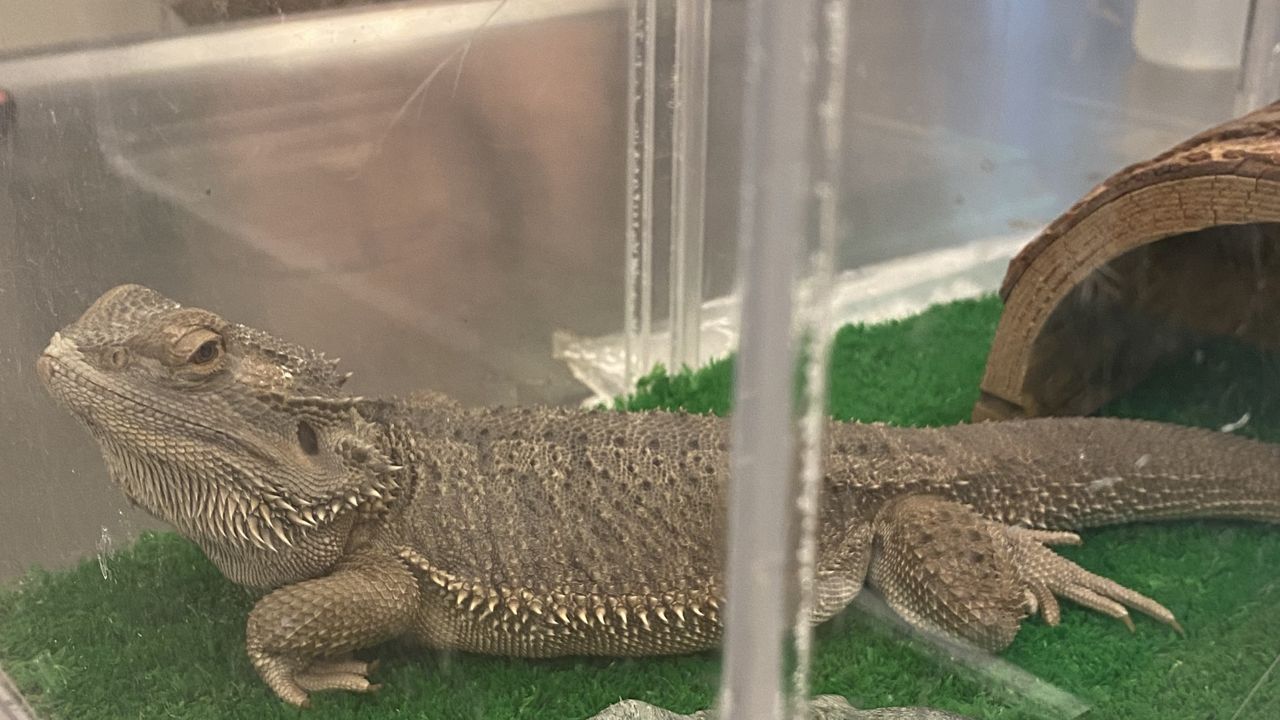The Hawaii Department of Agriculture invites the public to an educational event on Saturday about the state’s Amnesty Program, which allows illegal animals to be turned in without penalty.
The event coincides with the multi-agency “Don’t Let It Loose” campaign aimed at preventing the release of invasive marine aquarium species into Hawaii’s waters.
The HDOA Plant Quarantine Branch inspectors will have displays of live and preserved illegal animals that were turned in under the Amnesty Program, found or confiscated in Hawaii.

“Our program encourages you to bring invasives you might have in your home, either intentionally or as pets, and you may not have known,” said Sharon Hurd, chairperson of the Hawaii Board of Agriculture, during a Monday news conference.
Under the Amnesty Program, HDOA, any municipal zoos or aquariums, or the Hawaiian Humane Society on each island will accept illegal animals — with no questions asked and no penalties.
“We will house it, keep it in the same or better conditions. We do our best to keep it alive,” said Hurd.
Inspectors will not euthanize the animals. Instead, illegal animals may be used for educational purposes, transferred to a local zoo or moved to a mainland facility.
In Hawaii, it is illegal for people to import and possess most non-native marine aquarium animals. Individuals found in possession of illegal animals can be charged with a Class C felony, face fines of up to $200,000 and up to three years in prison.
The event takes place on Saturday, Nov. 2, 9 a.m. to 2 p.m. at the HDOA Plant Quarantine Office at 1849 Auiki Street, Honolulu.



